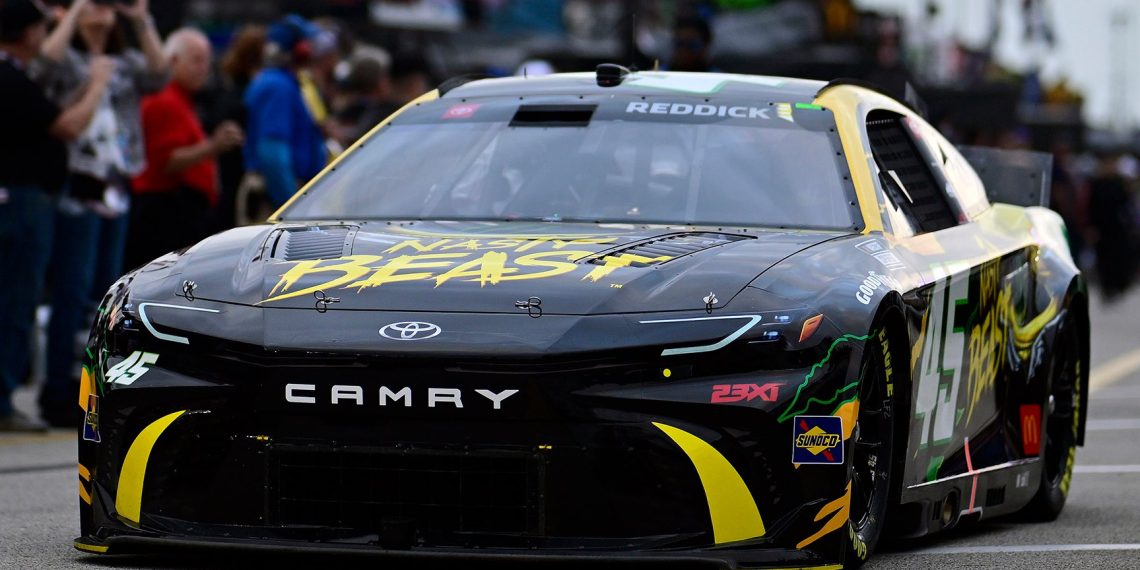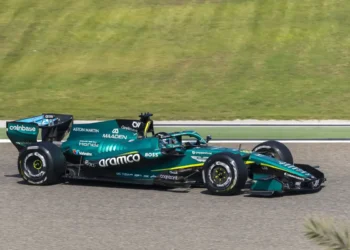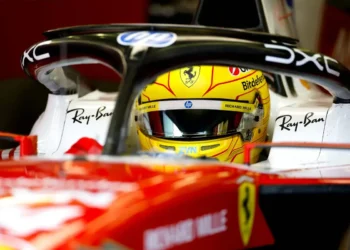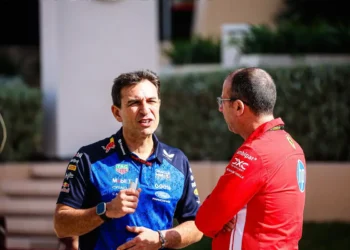NASCAR has been hit with a bombshell lawsuit as 23XI Racing and Front Row Motorsports, backed by top antitrust attorney Jeffrey Kessler, take aim at the organization and its CEO, Jim France, accusing them of stifling competition and exploiting teams, drivers, and fans alike. The lawsuit, filed on Wednesday, exposes years of alleged anti-competitive practices that the teams claim have allowed NASCAR and the France family to control the sport to their advantage, leaving race teams struggling to stay financially viable.
Kessler, a heavyweight in the world of sports law, likened the lawsuit to transformative moments in other professional sports. “Either NASCAR voluntarily changes, or it will be changed by the legal system,” Kessler warned. “It’s time for a fair system where the teams get what they deserve.”
NASCAR’s Divide-and-Conquer Tactics?
The lawsuit follows two years of tense and standoffish negotiations over the 2025 Charter Agreement. NASCAR, according to the suit, used strong-arm tactics to force teams into submission, offering a final deal on September 6, with a one-hour deadline to sign a 112-page document—or risk losing their charters. Many teams, cornered by long-term contracts with sponsors and employees, felt compelled to sign. But 23XI and Front Row Motorsports stood firm.
“They dusted off the 50-year-old playbook,” said Bob Jenkins, owner of Front Row Motorsports. “NASCAR knew they could intimidate the teams into signing, and for the most part, it worked.”
The Fight for Fairness: Key Issues at Stake
The teams argue that NASCAR’s control of race tracks, car parts, and the Next Gen car leaves them with no leverage. They want permanent charters, a larger slice of the revenue, a cut on business deals that use their likenesses, and a say in governance issues—demands they claim NASCAR has ignored. Jenkins, along with 23XI Racing’s co-owners Michael Jordan, Denny Hamlin, and Curtis Polk, said they felt it was time to “fight this fight” and fix the sport.
Hamlin, a veteran driver and co-owner of 23XI, expressed frustration after re-investing his earnings into the sport. “I didn’t realize how unfair the system was until I became an owner,” Hamlin said. “We reached a tipping point, and enough is enough.”
NASCAR’s Tight Grip on the Sport
NASCAR and Speedway Motorsports, which control the racetracks, give teams little room for negotiation or alternatives. With parts mandated by NASCAR from its selected suppliers at negotiated prices, teams have no choice but to comply. “We’ve invested tens of millions into a system where one person can dictate our future,” said Polk, co-owner of 23XI Racing. “We knew something wasn’t right, and that’s why we turned to Kessler.”
A Potential Turning Point in NASCAR’s History
Kessler, who has faced down powerful organizations like the NCAA, believes this case could force NASCAR to change, whether they like it or not. “NASCAR is at a crossroads,” Kessler stated. “They can either voluntarily transform the sport, or have it done for them by the courts.”
With this lawsuit, the teams aren’t just fighting for survival—they’re pushing for a more transparent, fair, and sustainable system that could reshape NASCAR forever. The outcome of this legal battle could set a precedent, determining the future of team ownership and competition in motorsports.
NASCAR now finds itself in a fight for control of the sport it has dominated for decades. As the courtroom drama unfolds, one thing is certain: the days of unchecked NASCAR dominance could be coming to an end.










